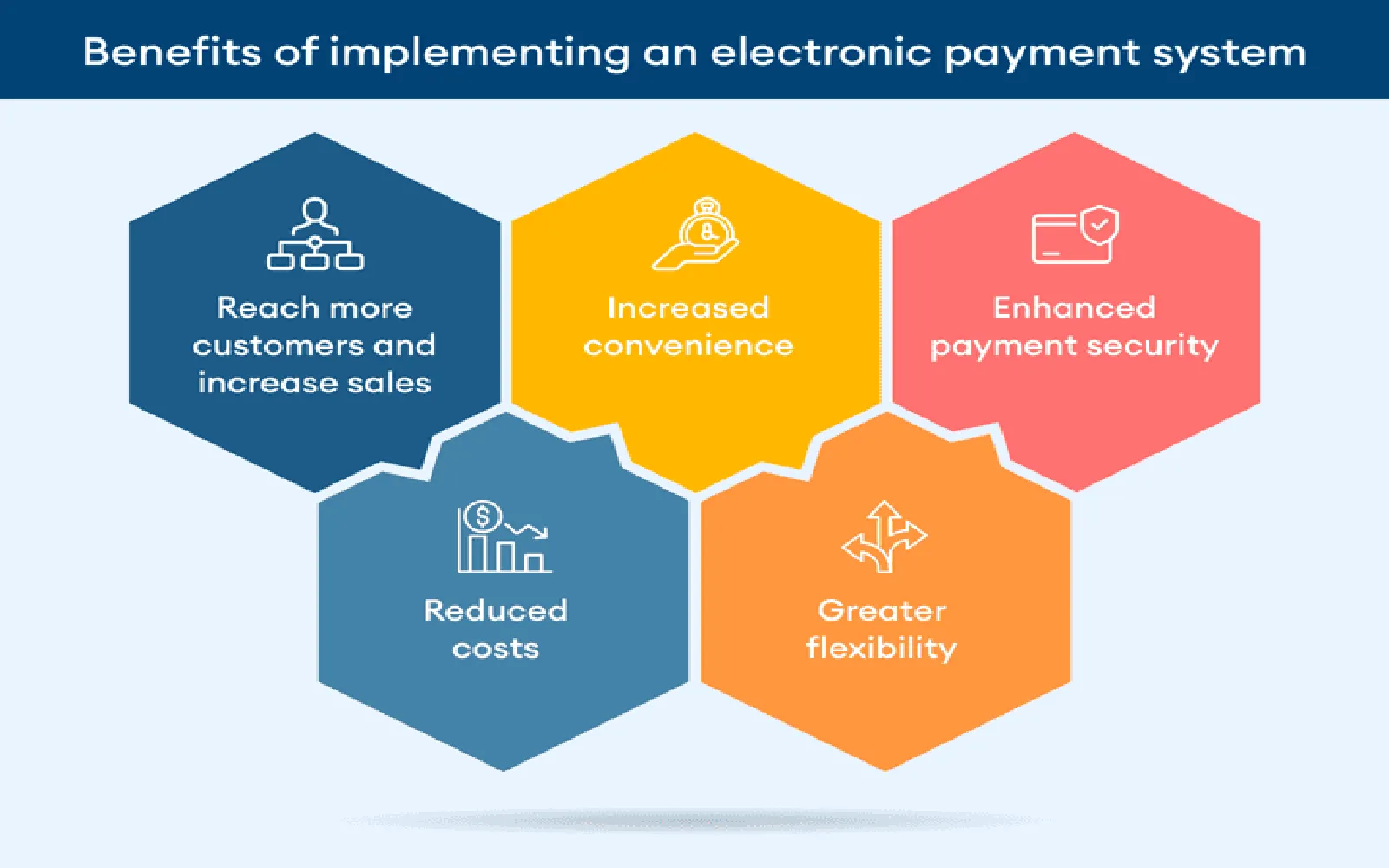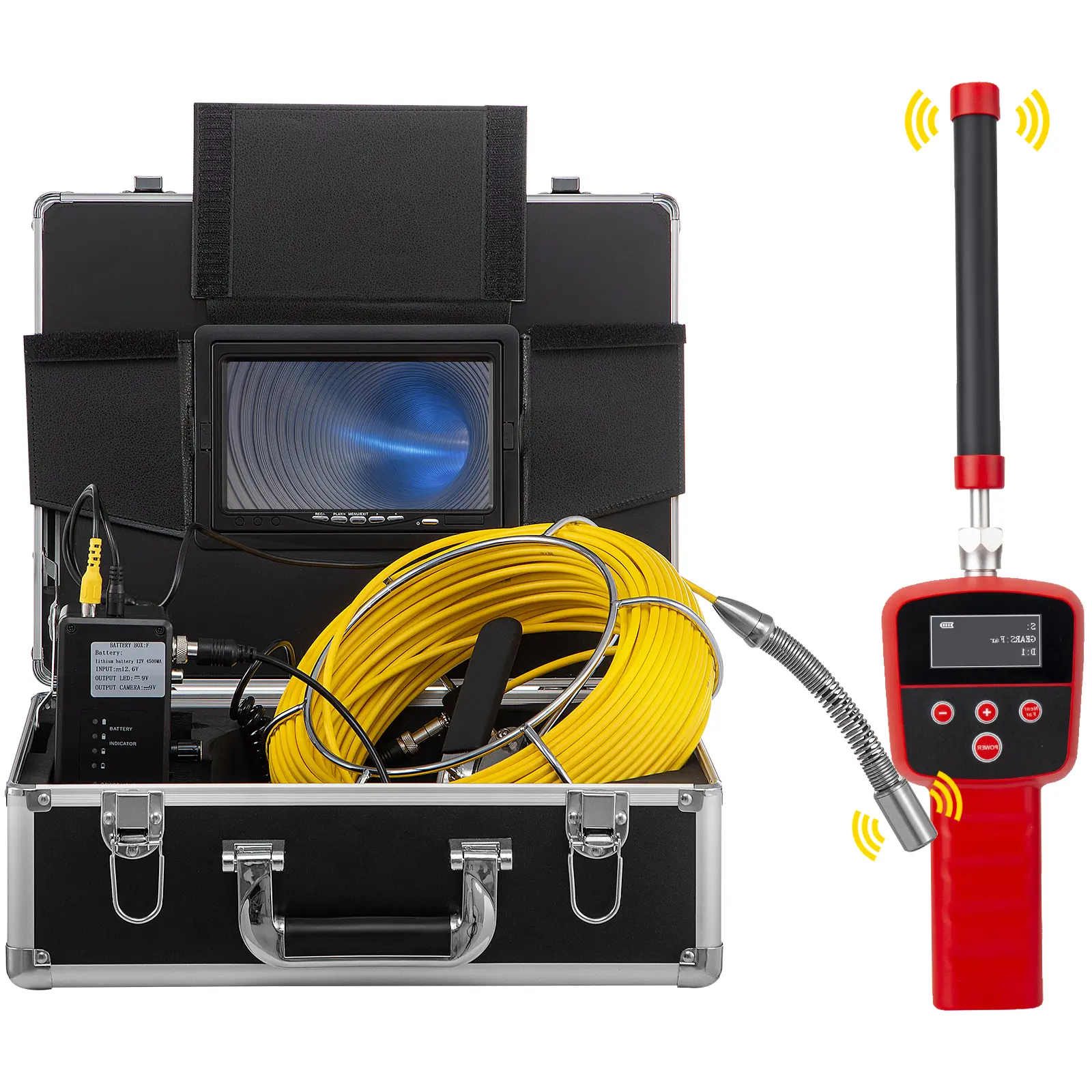The Evolution and Impact of Hotel Booking Systems on the Hospitality Industry
The hospitality industry has undergone significant transformations in the last few decades, driven by technological advancements and changing consumer expectations. One of the most influential developments in this sector has been the advent of hotel booking systems. These systems have revolutionized the way hotels operate, offering streamlined processes for reservations, guest management, and overall business operations. This article explores the importance, functionality, and future of hotel booking systems in the modern hospitality landscape.
Understanding Hotel Booking Systems
A hotel booking system is a digital tool that allows guests to make reservations online directly through a hotel’s website, mobile app, or third-party booking platforms. These systems are designed to manage the entire booking process, from room availability and pricing to payment processing and confirmation. They also integrate with various other systems used by hotels, such as property management systems (PMS), customer relationship management (CRM) tools, and channel managers, to ensure smooth operations across all departments.
Key Components of a Hotel Booking System
A comprehensive hotel booking system typically includes several key components:
- Reservation Management: This core feature enables hotels to manage bookings, check room availability in real-time, and update reservations. It often includes calendar views, booking summaries, and tools for modifying or canceling reservations.
- Channel Management: Channel management ensures that room availability and pricing are consistent across all online distribution channels, including the hotel’s website, online travel agencies (OTAs), and global distribution systems (GDS). This helps avoid overbooking and maximizes occupancy rates.
- Payment Processing: Integrated payment gateways allow guests to make secure payments online using various methods such as credit/debit cards, PayPal, or digital wallets. This feature is crucial for confirming reservations and reducing the risk of no-shows.
- Guest Communication: Automated email and SMS notifications keep guests informed throughout the booking process, from confirmation to pre-arrival reminders and post-stay feedback requests.
- Reporting and Analytics: Robust reporting tools provide insights into booking trends, guest preferences, revenue, and occupancy rates. These analytics help hoteliers make informed decisions about pricing, marketing, and operational strategies.
- Mobile Compatibility: As mobile bookings continue to rise, it’s essential for booking systems to be fully responsive, offering seamless functionality on smartphones and tablets.
Benefits of Implementing a Hotel Booking System
The implementation of a hotel booking system offers numerous benefits for both hoteliers and guests:
- Increased Efficiency: Automation of the booking process reduces manual workload, minimizes errors, and frees up staff to focus on enhancing the guest experience.
- Enhanced Guest Experience: Booking systems provide a user-friendly platform where guests can easily find information, check availability, make reservations, and pay securely. This seamless experience increases guest satisfaction and loyalty.
- Revenue Optimization: Dynamic pricing features allow hotels to adjust room rates based on demand, seasonality, and competitor pricing, maximizing revenue and occupancy.
- Global Reach: With integration into OTAs and GDS, hotel booking systems allow properties to reach a broader audience, including international travelers, thereby expanding their market presence.
- Data-Driven Decision Making: Access to real-time data and analytics enables hoteliers to make informed decisions regarding marketing strategies, pricing models, and operational improvements.
Challenges in Adopting Hotel Booking Systems
While hotel booking systems offer significant advantages, their adoption can also present certain challenges:
- Cost: The initial investment in a hotel booking system, especially for small or independent hotels, can be substantial. However, the long-term benefits often outweigh the upfront costs.
- Integration with Existing Systems: Ensuring that the booking system integrates seamlessly with the hotel’s existing property management systems, CRM tools, and other software can be complex and time-consuming.
- Data Security: With the increase in online transactions, securing sensitive guest information is paramount. Hotels must ensure that their booking systems comply with data protection regulations like GDPR and use robust encryption methods.
- Staff Training: To fully leverage the capabilities of a hotel booking system, staff must be adequately trained to use the software. This training can be resource-intensive, especially for larger properties with many employees.
- Maintaining System Uptime: Ensuring the booking system is always operational is critical, as downtime can lead to lost bookings and negatively impact the guest experience.
The Role of AI and Machine Learning in Hotel Booking Systems
The future of hotel booking systems is being shaped by emerging technologies such as artificial intelligence (AI) and machine learning. These technologies are being integrated into booking systems to offer more personalized experiences for guests and optimize hotel operations. For example:
- Personalized Recommendations: AI can analyze a guest’s past behavior, preferences, and booking history to provide personalized recommendations, such as room upgrades, special offers, or customized travel packages.
- Dynamic Pricing: Machine learning algorithms can predict demand fluctuations and automatically adjust room rates to maximize revenue while ensuring competitive pricing.
- Chatbots and Virtual Assistants: AI-powered chatbots can assist guests with booking inquiries, provide real-time support, and handle common questions, improving efficiency and enhancing the guest experience.
The Impact of Hotel Booking Systems on the Hospitality Industry
The widespread adoption of hotel booking systems has had a profound impact on the hospitality industry:
- Increased Competition: With the ability to compare prices and availability across multiple platforms, guests are more empowered than ever, leading to increased competition among hotels. This has driven hotels to offer better deals, improve service quality, and enhance the overall guest experience.
- Shift in Marketing Strategies: Hotels are increasingly relying on digital marketing strategies to attract guests, using data from booking systems to target specific demographics, create personalized offers, and measure the effectiveness of their campaigns.
- Enhanced Guest Loyalty: By providing a seamless booking experience and personalized services, hotels can foster stronger relationships with guests, leading to increased loyalty and repeat business.
- Operational Efficiency: The automation and integration capabilities of booking systems have streamlined hotel operations, reducing the need for manual processes and enabling staff to focus on more value-added activities.
Future Trends in Hotel Booking Systems
As technology continues to evolve, several trends are likely to shape the future of hotel booking systems:
- Blockchain Technology: Blockchain could revolutionize the way bookings are made by providing a decentralized, transparent, and secure platform for transactions. This could reduce fraud, eliminate middlemen, and increase trust between hotels and guests.
- Voice-Activated Bookings: With the rise of smart speakers and voice assistants, hotels may start offering voice-activated booking options, allowing guests to make reservations simply by speaking to their devices.
- Sustainability Features: As sustainability becomes a priority for travelers, booking systems may integrate features that highlight eco-friendly practices, such as carbon offset options or the ability to choose environmentally sustainable hotels.
- Virtual and Augmented Reality: VR and AR could offer immersive experiences, allowing potential guests to virtually tour rooms and facilities before making a booking, enhancing their decision-making process.
Conclusion
Hotel booking systems have become an indispensable tool in the hospitality industry, transforming the way hotels manage their operations and interact with guests. By offering a seamless and efficient booking process, these systems enhance the guest experience, optimize revenue, and provide valuable data insights that drive business growth. As technology continues to advance, hotel booking systems will evolve to offer even more sophisticated features, ensuring that hotels can meet the ever-changing demands of the modern traveler.
Investing in a robust hotel booking system is no longer optional—it's a necessity for hotels that want to stay competitive, improve operational efficiency, and deliver exceptional guest experiences in an increasingly digital world.
Explore

Home Warranty Insurance: Protecting Your Home's Systems and Appliances

Convenience at Your Fingertips: The Ultimate Guide to Online Payment Systems

2025 Guide to Sewer Cameras and Locators: Revolutionizing Pipe Inspection and Maintenance

Top Crossover SUVs of 2025: The Best Picks for Style, Comfort, and Performance

Top Business Internet Providers for 2025: Your Guide to Fast and Reliable Connectivity

Navigating Health Insurance in 2025: Essential Tips for Coverage and Savings

Ultimate Guide to Arthritis Relief in 2025: Innovative Treatments and Lifestyle Tips for Pain Management

Top Cloud Computing Solutions to Transform Your Business by 2025: Trends, Benefits, and Innovations
